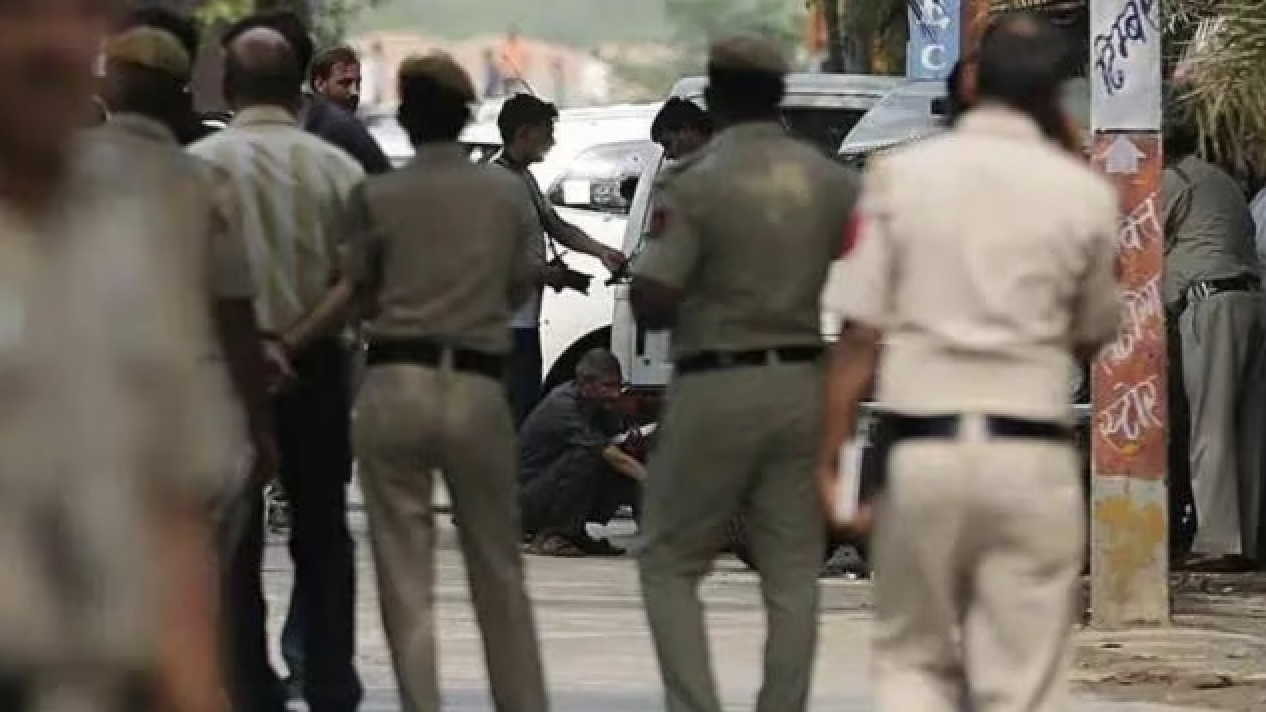
Various organisations working for the Dalit and tribal communities in Gujarat Tuesday submitted a representation to Director General of Police (DGP) Vikas Sahay alleging that the state police have not been arresting those booked under the provisions of the Scheduled Caste & Scheduled Tribe (Prevention of Atrocities) Act, commonly known as the Atrocity Act, by misinterpreting a Supreme Court judgment.
Around 500 Dalits gathered at Police Bhavan in Gandhinagar as a delegation, led by the Rashtriya Dalit Adhikar Manch (RDAM), met the DGP Tuesday. RDAM state coordinator Subodh Parmar, who was part of the delegation, said they have demanded compulsory arrest of the accused in cases registered under the Atrocity Act, “failing which the Dalits will be forced to do an agitation and its responsibility will fall on the state government”.
He said the Gujarat police has been wrongfully interpreting the top court’s Arnesh Kumar Vs State of Bihar judgment, and thereby, not arresting those accused in the Atrocity Act cases in which the punishment is less than seven years. According to him, the Supreme Court judgment has ruled that if the prescribed punishment for an offence is less than seven years in a case, police can enlarge (extend the bail to a later date) the accused while giving them a notice without formally arresting them.
In Gujarat, the police have invoked the said judgment and enlarged the Atrocity Act accused in hundreds of cases while giving them notices without formally arresting them, Parmar alleged, adding that if the accused is not arrested, it will break the morale of the complainant. It also leads to fears that the accused will threaten the complainant and witnesses without having any fear of police.
This story was originally published in indianexpress.com. Read the full story here.

